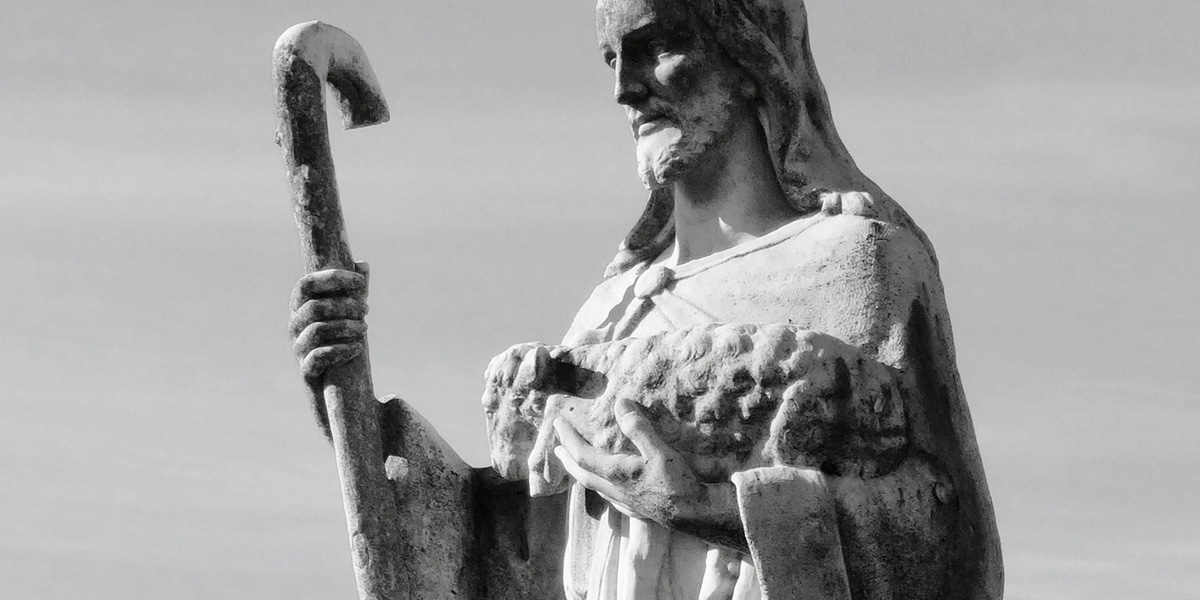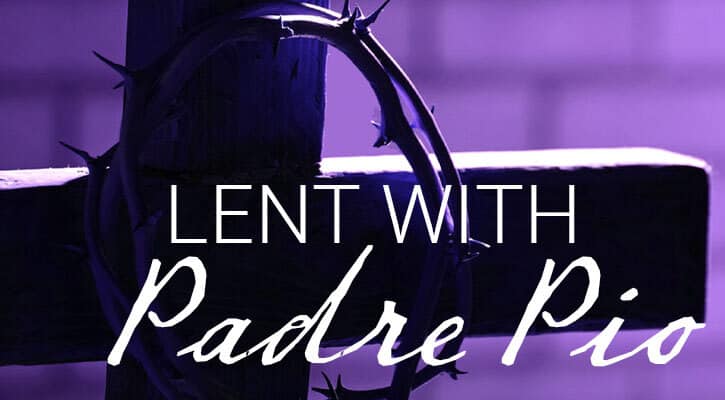Q: What is excommunication and what are the grounds for it?
A: There are two kinds of excommunications. One takes place by a public statement of the proper authority—John Doe is excommunicated because ________. We call this an imposed or declared excommunication. The second kind of excommunication is incurred ipso facto or latae sententiae. That means if you commit a certain crime or sin (and if all the conditions under law are present), you are by that very fact excommunicated.
All excommunications are meant to be medicinal. They are a kind of shock therapy intended to make sinners aware of the seriousness of their sin and their spiritual condition and call them to conversion.
An excommunicated person (Canon #133) is forbidden: 1) to have any ministerial part in the celebration of the sacrifice of the Eucharist or any other ceremonies of public worship; 2) to celebrate the sacraments or sacramentals and to receive the sacraments; 3) to exercise any ecclesiastical offices, ministries or acts of governance.
Some other provisions of the law forbid the exercise of certain privileges, outlaw the reception of any dignity, office or function in the Church, and invalidate acts of governance.
Automatic excommunication is incurred for the following sins: 1) apostasy, (ipso facto) heresy, schism (Canon #1364,1); 2) violation of the sacred species (Canon #1307); 3) physical attack on the pope (Canon #1370,1); 4) absolution of an accomplice in a sin against the Sixth Commandment (Canon #1378,1); 5) unauthorized ordination of a bishop (both the one ordaining and the one ordained are excommunicated) (Canon #1382); 6) direct violation by a confessor of the seal of confession (Canon #1388); 7) procuring an abortion (Canon #1398); 8) recording by a technical instrument or divulging in the communications media what was said by a confessor or a penitent in sacramental confession whether performed by oneself or another (added in 1988).
Because excommunication is a medicinal penalty, it must be absolved when the person truly repents. Sometimes remission of the penalty is reserved to the Holy See, for example, when a confessor directly violates the seal of confession. The usual place to begin the process for removing the excommunication is in the Sacrament of Confession or with the authority who imposed the excommunication.









1 thought on “What Is Excommunication?”
Background: A local priest was excommunicated Latae Sententiae by his bishop for heresy from the pulpit. The priest denied ever speaking heresy and further listed his agreement to various articles of faith without reservation. The priest asked the bishop to tell him what heretical items he was accused of. As of today, the bishop has not responded. The priest’s appeal to the Vatican has not been taken up for consideration as of today. There is no question of what the priest said since there are both audio and video recordings which both the bishop and the priest agree are accurate.
Question:
1. Since latae sententiae excommunication relies on the facts of the case, if the priest is actually innocent of heresy, is his excommunication null, or does the solitary judgement of his bishop prevail?
2. If a priest, or bishop declared that I (I am not a priest) was excommunicated because I murdered someone, but I knew, in fact, that I had murdered no one, could I still receive Communion?
3. Does excommunication latae sententiae have to be lifted if the grounds for it were proven false, or was there never an actual excommunication?
4. Does a priest who is mistakenly/wrongfully excommunicated latae sententiae retain his faculties, or are faculties independent of excommunication?
5. What effect does an “erroneous excommunication” have on the priest’s parishoners?
Thank you.
Comments are closed.